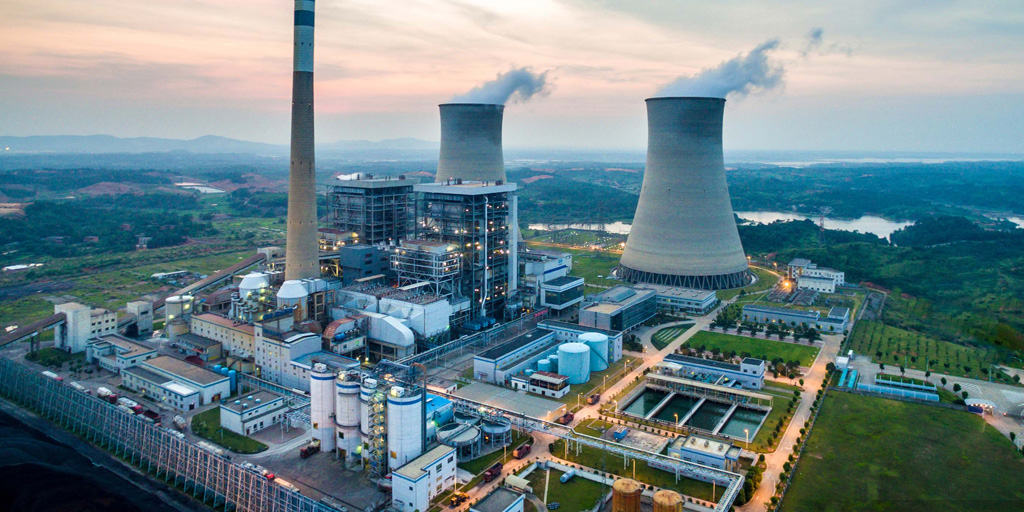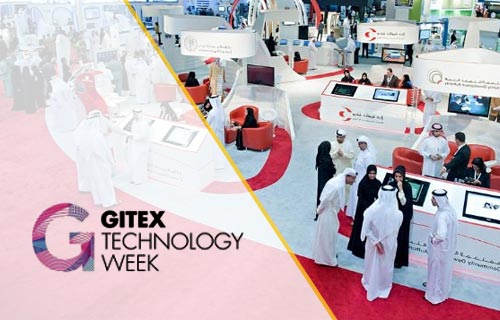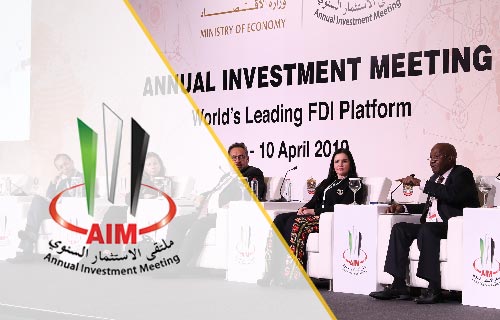
OFFER FOR LOCAL GOVERNMENTS
As a trusted partner of municipal governments, we understand the importance of efficient and sustainable energy supply, which is crucial for the development of local communities and the implementation of municipal tasks in accordance with the “Energy Law” act. Thanks to the flexible formula of the energy cluster, we offer the possibility of creating a business model that not only provides energy independence but also generates added value for the local community through the rational use of local energy resources and environmentally friendly technologies.
Our proposal focuses on full support in planning, organizing, and financing activities related to alternative energy. Understanding local needs and adapting appropriate technologies allows for the maximum use of the potential of renewable energy sources. Energy clusters also allow for a customized approach to each municipality, which is crucial in the context of regional diversity and requirements.
Our “Free Energy Transformation” program is aimed at those local governments looking for modern and efficient solutions in the field of energy. We offer comprehensive consulting, design, and implementation of investments in the field of energy generation, distribution, and management, which are not only economically attractive but also ecological.
Please contact us to find out more about how we can work together to achieve the energy goals of your municipality, contributing to building a more sustainable and independent energy future. Together, we can create solutions that will change the face of local energy, strengthening the local civil society and supporting the economic development of the region.
FOR ENERGY CLUSTERS
We understand that municipal governments aim to efficiently fulfill their responsibilities in supplying electricity, heat, and gas fuels, which, according to the Energy Law Act of April 10, 1997, include:
- Planning and organizing the supply of heat, electricity, and gas fuels within the municipality,
- Planning the lighting within the municipality: in public places, on municipal, county, and provincial roads, national roads other than motorways and expressways,
- Financing the lighting within the municipality: on streets, squares, municipal, county, and provincial roads, national roads other than motorways and expressways,
- Planning and organizing actions aimed at rational energy use and promoting solutions that reduce its consumption within the municipality,
- Assessing the potential and possibilities of generating electricity from renewable energy sources, including the combined generation of electricity and heat using high-efficiency cogeneration and energy-efficient heating or cooling systems within the municipality.
The Act of July 19, 2019, amending the Act on Renewable Energy Sources and some other laws, introducing new legal provisions aimed at the development of energy clusters in Poland, can be helpful in carrying out the aforementioned municipal tasks.
The concept of an “energy cluster” in the aforementioned act is defined as a “civil law agreement, which can include individuals, legal entities, scientific units, research institutes, or local government units, concerning the generation and balancing of demand, distribution or trading of energy from renewable sources or other sources or fuels, within a single distribution network, respectively within the borders of one municipality or county.” This definition limits energy clusters geographically to a maximum of five neighboring municipalities or within the bounds of a single county. Another limiting criterion is the voltage level to which producers and consumers in a given energy cluster are connected.
The energy cluster formula is flexible enough to allow participants to build a customized business model for cluster operation and optimally choose the legal form of its activity. Cluster members do not have to abandon their current activities but can cooperate wherever it benefits them and other cluster participants, generating added value for the local community. Joining or leaving the cluster may or may not significantly affect the activities of other members.
The operation of an energy cluster can be described as the coordinated local production of energy in line with current demand. Clusters are local-level initiatives. A cluster is a flexible structure and, depending on local conditions, can operate in many areas, including:
- Generating electricity and heat based on conventional fuels (including cogeneration),
- Generating electricity and thermal energy from various renewable energy sources,
- Generating gas and liquid fuels including “green hydrogen”,,
- Distributing electricity, heat, and fuels within its distribution system,
- Selling energy or fuels to end consumers at attractive prices,
- Generating and distributing or selling cooling,
- Storing energy or its carriers,
- Managing agricultural waste,
- Managing municipal waste,
- Managing forest waste;
- Utilizing the energy potential of local watercourses and other natural forces.
The effectiveness of energy clusters depends on the rational and efficient use of potential: locally available energy raw materials, renewable energy sources, innovation, and entrepreneurship in the areas of generation, transmission, distribution, and energy consumption management.
This is a solution that offers entirely new development opportunities for municipalities and local communities, but above all, it strongly supports civil society.
Implementing a solution based on the establishment of an energy cluster can significantly facilitate the fulfillment of a municipality’s own tasks in supplying electricity, heat, and gas fuels and importantly, significantly reduce the costs of their implementation and operation.
Unfortunately, organizing an energy cluster is a complex process and requires the local community to engage highly specialized knowledge to prepare investment assumptions, develop technical documentation, obtain necessary approvals and permits, and secure financing for the investment.
To meet the needs and expectations of local governments, our company, as a specialized Energy Service Provider (ESP), offering comprehensive services in identification, inventory, design, management, implementation, and financing of investment processes related to alternative energy and climate neutrality, equipped with knowledge, competencies, and a range of technical, legal, and organizational solutions enabling the execution of the investment process without burdening the local government’s budget, has developed a special program for conducting a “Free Energy Transformation” in the area of operation of a given energy cluster.
Participation in the “Free Energy Transformation” program is voluntary and completely free of charge.
If your local community is interested in implementing our proprietary “Free Energy Transformation” program in an established or planned energy cooperative to discuss further cooperation arrangements, please contact us.

FOR ENERGY COOPERATIVES
Responding to the needs and expectations of local governments, our company, as a specialized Energy Service Provider (ESP), offers comprehensive services in the identification, inventory, design, management, implementation, and financing of investment processes related to alternative energy and climate neutrality. With knowledge, skills, and a range of technical, legal, and organizational solutions that enable the investment process to be carried out without burdening the budget of the local government unit, we have developed a special program consisting of conducting a “Free Energy Transformation” in the area of operation of a given power plant.
Participation in the “Free Energy Transformation” program is voluntary and completely free.
We know that municipal governments want to efficiently fulfill their tasks related to the supply of electricity, heat, and gas fuels, which according to the “Energy Law” Act of April 10, 1997, include:
- Planning and organizing the supply of heat, electricity, and gas fuels within the municipality,
- Planning the lighting of public places, municipal roads, county roads, and provincial roads other than highways and expressways within the municipality,
- Financing the lighting of streets, squares, municipal roads, county roads, and provincial roads other than highways and expressways within the municipality,
- Planning and organizing actions aimed at rationalizing energy consumption and promoting solutions that reduce energy consumption within the municipality,
- Assessing the potential and possibilities for generating electricity from renewable sources, including the combined generation of electricity and heat through high-efficiency cogeneration and energy-efficient heating or cooling systems within the municipality.
The law of July 19, 2019, amending the Act on Renewable Energy Sources and some other acts introducing new legal provisions aimed at developing energy cooperatives in Poland may be helpful in fulfilling these tasks. This is a solution that provides entirely new developmental opportunities for rural and urban-rural municipalities and, above all, strongly supports civil society. The condition for taking advantage of the preferences provided for in the Act is openness and readiness to cooperate by local residents, farmers, entrepreneurs, and the local government of the municipality.
The new solutions create the opportunity to generate energy from renewable sources not only for one’s own needs but also for nearby neighbors. For generating electricity, a similar solution is envisaged as for individual prosumers, involving a discount and exemptions from part of the energy distribution costs and other fees. The main principle of every energy power plant created is the complete freedom to choose the type of installations, their possible locations, and the definition of mutual settlement rules for the energy generated and consumed.
The basis for the operation of each energy cooperative is the regulations of the Act of September 16, 1982 – Cooperative Law or the Act of October 4, 2018, on Farmer Cooperatives. According to the adopted regulations, the power plant is to produce and consume energy exclusively for its own needs and those of its members. It may operate within the area of a rural or urban-rural municipality or an area of no more than 3 such municipalities directly neighboring each other. The number of members of the cooperative should be less than 1000.
The subject of the activity of the energy power plant may be:
- Generating electricity in installations not exceeding 10 MW covering at least 70% of the energy needs of the cooperative and its members annually, or
- Generating heat in installations with a total thermal capacity not exceeding 30 MW, or
- Producing biogas in installations with an annual capacity of no more than 40 million m3.
The implementation of the solution involving the establishment of energy power plants can significantly facilitate the realization of the municipality’s own tasks in the supply of electricity, heat, and gas fuels, and equally importantly, significantly reduce the costs of their implementation and operation.
Unfortunately, organizing an energy power plant is a fairly complicated process and requires the local community to engage in very specialized knowledge to prepare the investment task assumptions, develop technical documentation, obtain the necessary consents and permits, and secure financing for the investment.
If your local community is interested in implementing our proprietary “Free Energy Transformation” program in an established or newly planned energy cooperative for further cooperation arrangements, please contact us.







